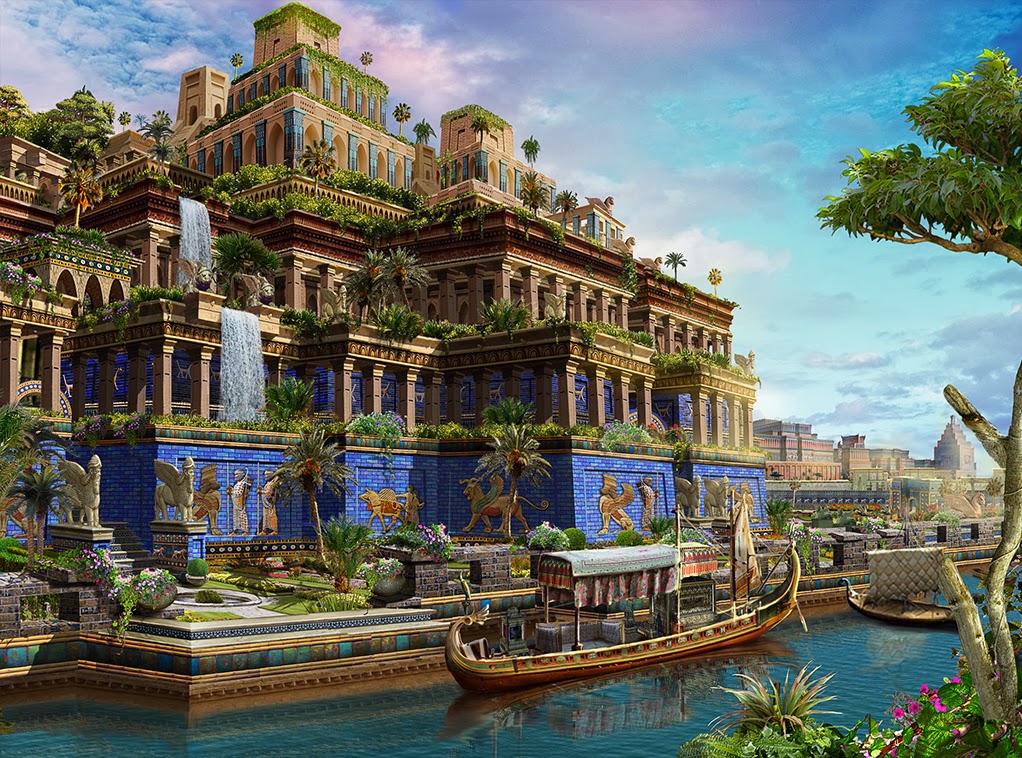Did Lavender Once Grow in Babylon?
The question of whether lavender once grew in Babylon comes up naturally when discussing ancient gardens and plant use in the Near East. Babylon was one of the most advanced urban centers of the ancient world, known for irrigation engineering large scale gardens and the intentional cultivation of useful and ornamental plants. What matters here is separating what is documented from what is assumed.
What We Know About Babylonian Plant Culture
Babylonian society placed strong emphasis on cultivated landscapes. Cuneiform records and archaeological evidence confirm the existence of orchards gardens and irrigated plantings within and around the city. Royal and temple complexes maintained planted areas that included fruit trees shade trees flowering plants and aromatic materials.
Babylonians also made extensive use of scented substances in religious ceremonies domestic life and burial practices. Aromatic resins woods and herbs were valued and actively traded across regions.
This establishes an important baseline. Babylon supported plant cultivation at scale and had both the infrastructure and cultural interest to grow a wide range of plants.
Lavender and Its Known Origins
Lavender is native to the Mediterranean region. Its historical documentation places it firmly in areas such as southern Europe northern Africa and parts of the Middle East closer to the Mediterranean basin. Lavender appears clearly in ancient Egyptian Greek and later Roman contexts where it was used for scent bathing and household purposes.
There is no surviving Babylonian text that names lavender directly. There is also no archaeological evidence such as plant remains or inscriptions that confirm lavender cultivation in Babylon.
That absence is a matter of record.
Trade Networks and Possibility
Babylon sat at the center of major trade routes. Plants resins oils and spices moved between the Mediterranean the Levant Mesopotamia and beyond. This makes the movement of plant materials into Babylon entirely plausible.
What can be stated accurately is this
Babylon had access to aromatic plants from multiple regions through trade.
Babylonian gardens and ritual practices used fragrant plant materials.
What cannot be stated is that lavender itself was cultivated locally or commonly present. Plausibility does not equal proof and the historical record does not close that gap.
The Hanging Gardens Context
Descriptions of the Hanging Gardens emphasize abundance layered planting and sensory richness. They do not list specific species. While aromatic plants as a category align with Babylonian practice and with the descriptions provided by later writers no ancient source identifies lavender among them.
Any claim that lavender grew in the Hanging Gardens would go beyond evidence.
A Grounded Conclusion
There is no direct evidence that lavender grew in Babylon. There is strong evidence that Babylon cultivated aromatic plants maintained complex gardens and participated in long distance plant trade.
The most accurate position is this
Lavender is historically documented elsewhere in the ancient world.
Babylon had the capacity and cultural framework to value similar plants.
The historical record does not confirm lavender cultivation in Babylon.
That distinction matters. It keeps the history intact without speculation and without minimizing Babylon’s documented sophistication.




